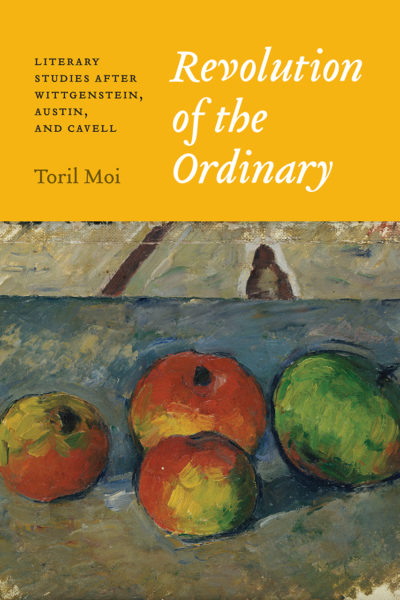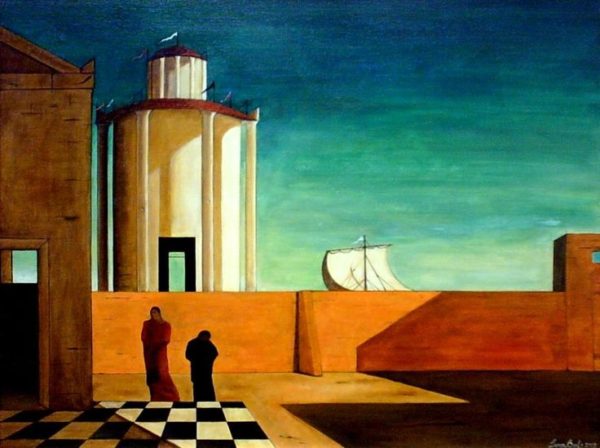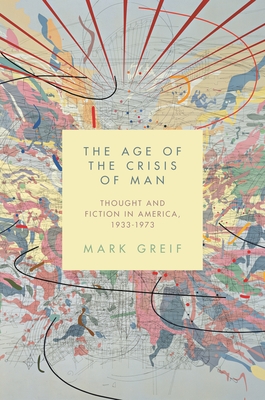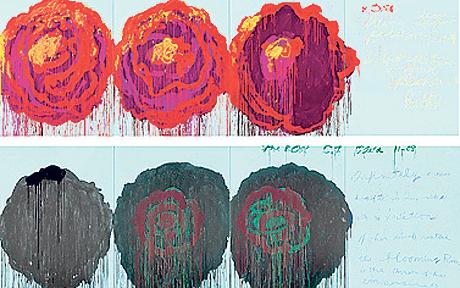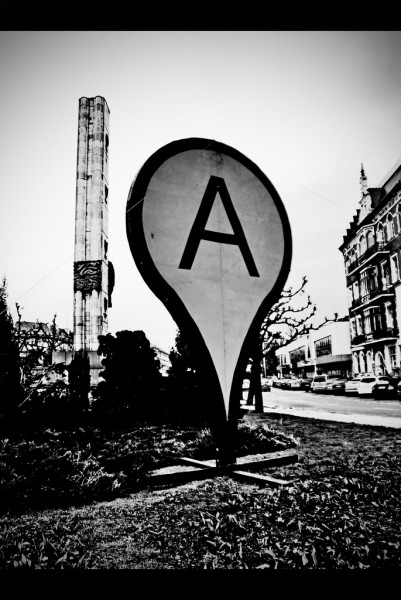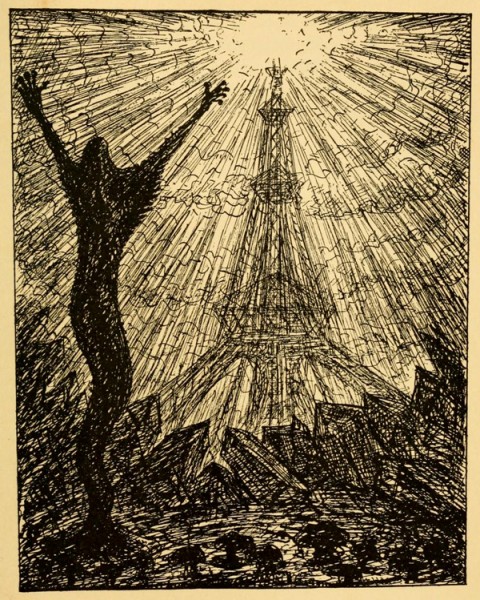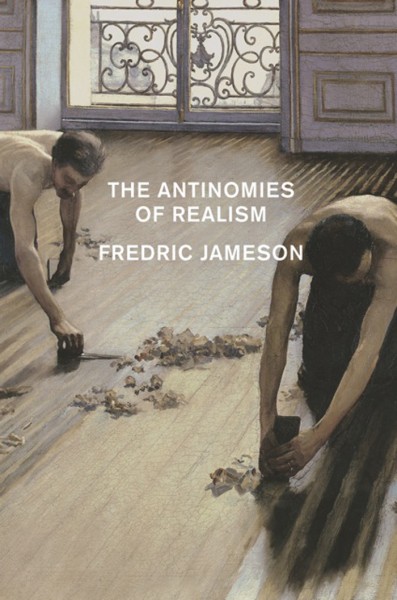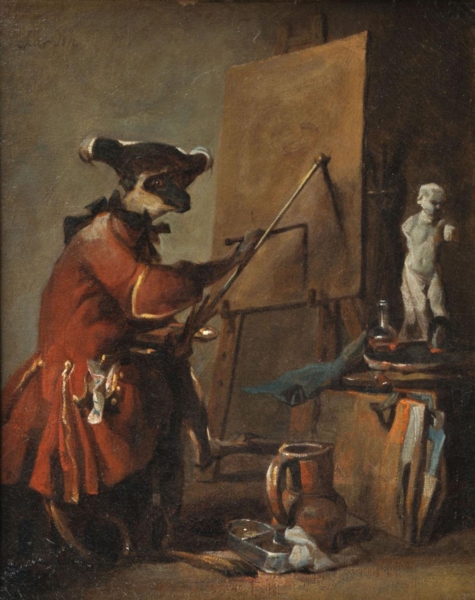
Eyes Wide Shut: Anscombe/Action/Art
This would be, from the standpoint of literary theory, why Anscombe is helpful. What John Schwenkler calls her “fundamental disagreement” with the idea that “we find intentional activity whenever a person…causes something to happen” is a fundamental disagreement with the idea that we can think of a person’s intention as the cause of her acts, which is the idea that anti-intentionalists like Wimsatt and Beardsley and intentionalists like Nehamas and Landy have completely in common. So I disagree with Landy both on the utility of the postulated author and the irrelevance of Anscombe

